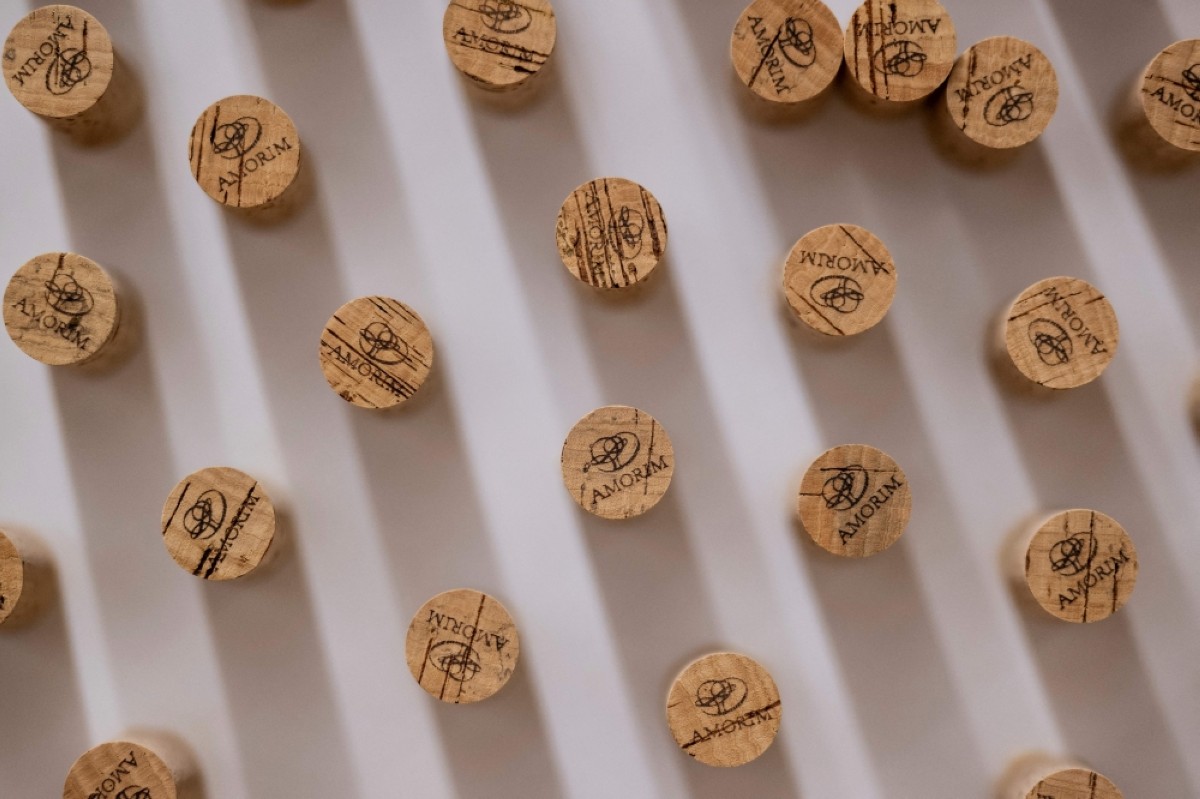Portugal, the world’s leading cork producer, is finding new uses for the material, from footwear to furniture, as demand for bottle stoppers wanes. Producers highlight the environmentally friendly properties of cork, which is lightweight, recyclable, waterproof and fire-resistant, to encourage its use in diverse settings. Cork is obtained by stripping the bark of cork oak trees every nine years in a careful process that allows the tree to regenerate and grow, making the industry naturally sustainable.
The material has “a negative carbon footprint because it comes from a tree that captures CO2 day and night”, Antonio Rios de Amorim, the CEO of the world’s largest cork producer Corticeira Amorim, told AFP. The push to diversify comes as global sales of wine decline, reducing demand for cork stoppers which have long faced competition from cheaper plastic stoppers and screw tops. “Periods of slowdown must be used to question what we do,” said Amorim, whose ancestors founded Corticeira Amorim 154 years ago in the northern village of Mozelos, about 30 kilometers (18 miles) south of second city Porto.
Booster rockets, metro seats Thanks to cork’s cell-like structure, the material is elastic and highly impermeable, making it suitable to make shoes as well as ties, pants and other clothes. Furniture designers are also increasingly drawn to the material. British designer Tom Dixon has called it a “dream material” and put out a range of dark cork furniture that include.


















